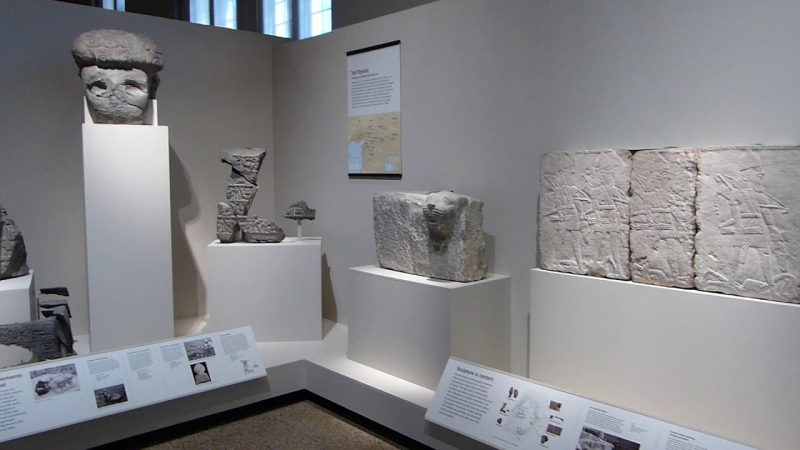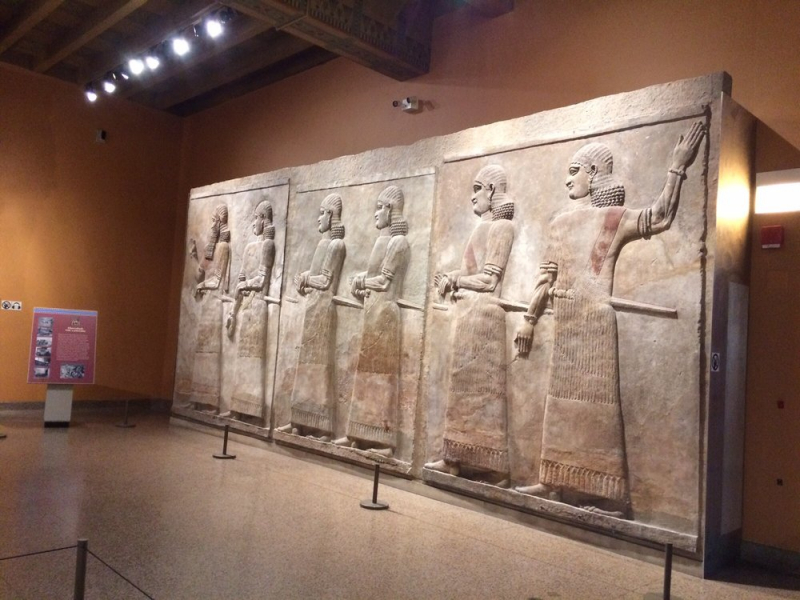Oriental Institute

The Oriental Institute (OI), founded in 1919, is the University of Chicago's multidisciplinary research center and archaeological museum for ancient Near Eastern studies. Professor James Henry Breasted established it for the university using monies supplied by John D. Rockefeller, Jr. It conducts studies on ancient civilizations throughout the Near East, especially at its Luxor, Egypt, site, Chicago House. At its on-campus headquarters in Hyde Park, Chicago, the Institute displays a vast collection of artifacts connected to ancient civilizations. According to Field Museum anthropologist William Parkinson, the OI's highly focused "near Eastern, or southwest Asian, and Egyptian" collection is one of the best in the world.
The Oriental Institute Museum houses antiquities from excavations in Egypt, Israel, Syria, Turkey, Iraq, and Iran. The famed Megiddo Ivories; other jewels from Persepolis, the former Persian capital; a collection of Luristan Bronzes; a massive 40-ton human-headed winged bull (or Lamassu) from Khorsabad, Sargon II's capital; and a monumental statue of King Tutankhamun are among the works in the collection. The museum is free to enter, however, visitors are invited to make a donation.
Location: 1155 E 58th St, Chicago, IL 60637
Website: oi.uchicago.edu











